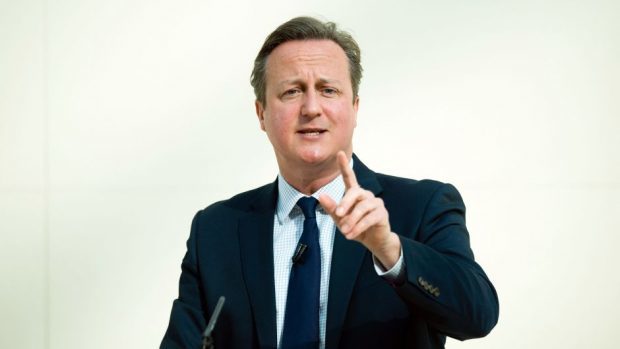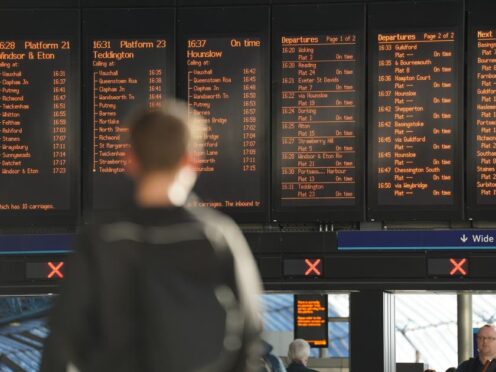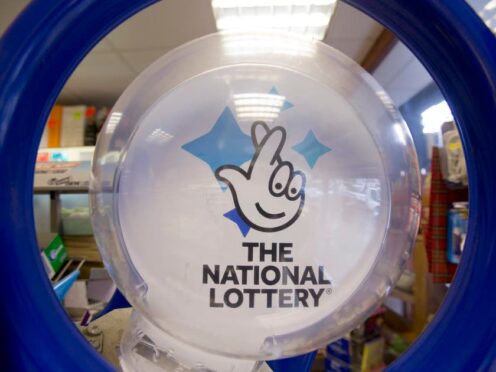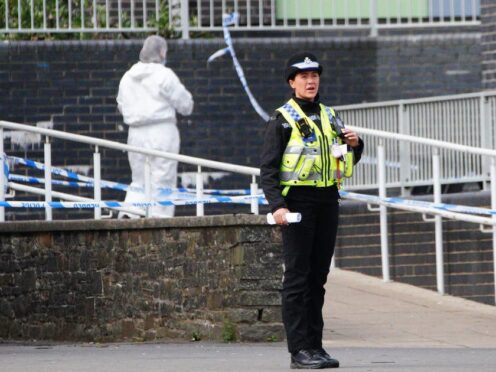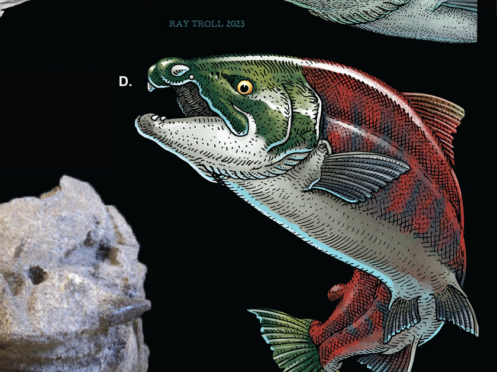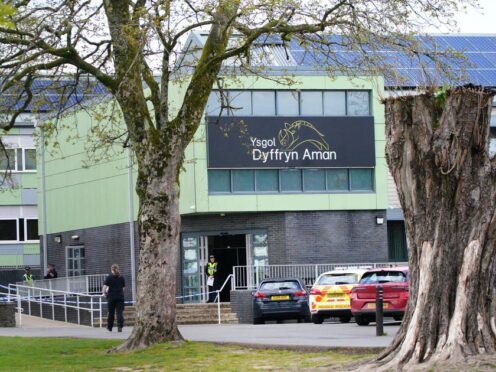David Cameron today vowed his government would “never wash our hands” of the North Sea as he urged businesses to collaborate to maintain safety while keeping costs under control.
The prime minister told the Press and Journal he could not forget the impact on both families and the industry of the Piper Alpha disaster in 1988, the year he started out in politics.
He also warned against any changes amid the downturn that could risk lives or damage the UK’s “incredibly strong” safety record.
He made the comments days after union bosses painted a bleak picture of “disengaged and demoralised” offshore workers living in a “culture of fear”.
Unite regional officer Tommy Campbell spoke of a “race to the bottom” and warned of a move towards industrial conflict in the sector.
RMT regional organiser Jack Molloy also raised concerns about safety in the context of the growing demands placed on a pared-down workforce.
And Andy Samuel, chief executive of new regulator the Oil and Gas Authority, insisted it would be wrong not to be worried about the “human factors” as staff – many facing the prospect of redundancy – come under increasing pressure to work harder.
In addition, there have been calls for the Civil Aviation Authority to remove the EC225 Super Puma from service following the Norway crash.
Mr Cameron, who spoke to the Press and Journal at Number 10, was asked what more he could and would do to help the struggling sector.
He said: “We certainly would never wash our hands of the industry because it is an absolutely vital strategic industry for the whole of the UK.
“There are thousands of people employed in Scotland, and also thousands of people employed in London, in East Anglia and various other parts of our country.
“It is an absolutely key strategic industry – that is why in the Budget we had a package of measures that reached £1billion.
“That was a very good example of how the broad shoulders of the UK can get behind an industry at a time of difficulty because of low oil prices.”
In March, George Osborne announced the scrapping of the petroleum revenue tax (PRT) and a halving of the supplementary charge to 10% – backdated to the start of the year.
Among other measures, the chancellor also pledged to provide certainty that companies would be able to access tax relief on their costs when they retain decommissioning liabilities for an asset after a sale.
The steps were widely welcomed, although the Office for Budget Responsibility’s fiscal outlook forecast the industry would continue to suffer – even with the changes.
And there have been fears safety may be compromised in the drive to reduce production costs.
The unions have highlighted moves to a three weeks on, three weeks off rota – which could mean staff working 12 hours a day for 21 days in a row – and the reduction in manning levels as particular issues.
On the issue of safety, Mr Cameron pointed to the record since Piper Alpha, adding: “We shouldn’t do anything to damage that.”
The Tory leader said: “There’s quite a lot of collaboration between companies that can maintain or even increase safety but make sure we keep costs in the industry under control.
“I think that’s a very good area for collaboration between businesses to make sure we get the maximum amount out of North Sea oil.”
